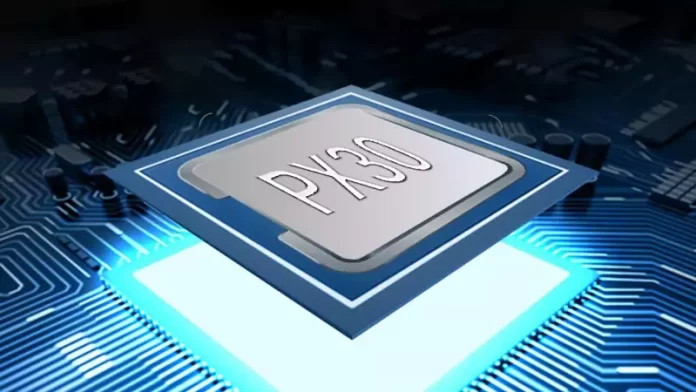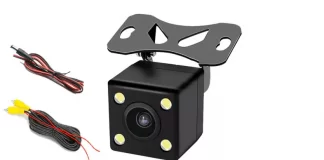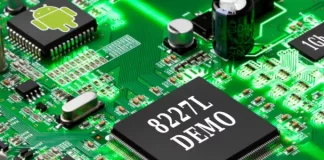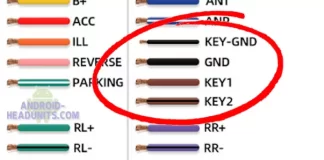The PX30 processor has found its way into the Android headunit, There are always questions about these processing cores, and the PX30 SoC is no different. We answer some of the more common PX30 questions to help you make an informed purchase of your Android headunit.
PX30 Questions and Answers
Is the PX30 a good processor for an Android Head Unit?
No, the PX30 is a poor choice for an Android head unit.
Can you call the PX30 a fast processor?
No, the PX30 is not a fast processor.
Which is better, the PX30 or the RK3326 for an Android car stereo?
PX30 and RK3326 perform the same in an Android head unit.
Is the PX30 Processor a Quad-core?
Yes, the PX30 is a quad-core processor
Quad-core PX30
The PX30 is based on the RK3326 processor and is made for low-power, smart AI, VoIP, and IoT devices. Nothing special, just a workhorse that would sit in a black box doing its work. Somehow it made its way into an Android headunit and has been powering them along.
Cores
The PX30 has four Cortex A35 cores of the ARMv8-A variety. It’s not very well positioned for the sales pitch when 8 cores beat 4 cores, and quite often, you see the PX30 Android headunits with only 2 GB RAM. Considering 8 or 6 cores with 4Gb or 6Gb being the current norm, why would anyone consider the outdated PX30 when there are much better-looking options?
More cores make processing quicker, generally, and different generations of cores affect the processing power and the cores’ clock speed. Unfortunately, the PX30 is only clocked at 1.5GHz so it won’t be the much faster clocked and cored later generations.
PX30 Block Diagram
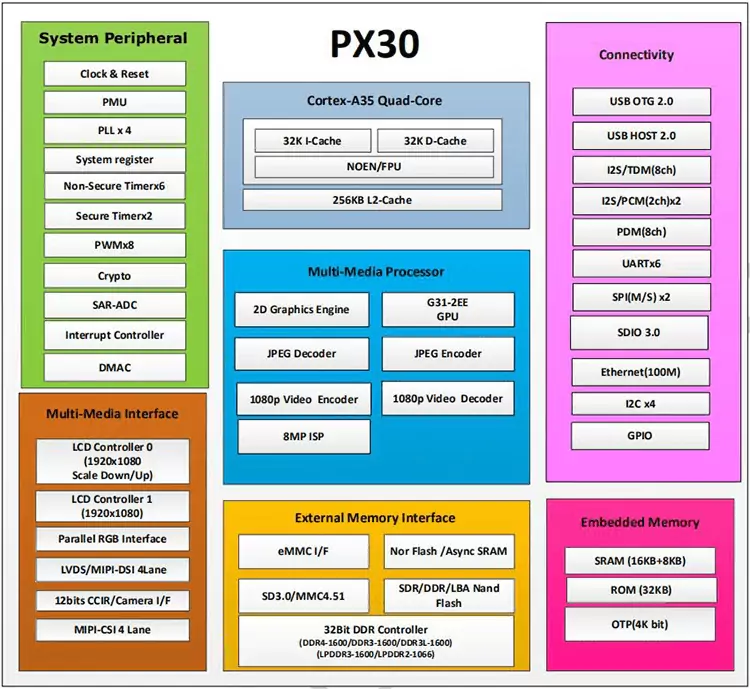
RAM
The PX30 can address 2 GB RAM
Compatible RAM systems are DDR4-1600, DDR3 L-1600, LPDDR3-1600 or LPDDR2-1066
RK3326
The RockChip RK3326 is virtually identical to the PX30 processor. While they have some subtle differences when comparing the PX30 with the RK3326 performance, they operate at the same level.
PX30 Quad-core
The PX30 android headunit SoC is a quad-core chip. Unfortunately, the term ‘Quad-core’ has left a wrong impression on the buyers, and this was after the 8227L faked Android headunits that a different Quad-core processor also powered.
Why?
Why buy an Android headunit based on the PX30 SoC? Only the cost could be an answer. While a big step up from the 8227L, it is way behind the much quicker UIS7862 or even the widespread PX6-based units. The PX30 would be better placed in a VoIP box sat in an office managing telephone calls than being the powerhouse behind your in-car entertainment and Android apps.
Overall
The PX30 is not a good choice for an Android headunit, and this is due to the very low level of processing power at a low clock rate. The addressable level of RAM is usually limited to 2Gb, and Android headunits perform more fluidly and friendlier when 4 GB RAM or more and 6 or more high-speed cores are used. The PX30 android headunit will be disappointingly slow compared to modern standards.


